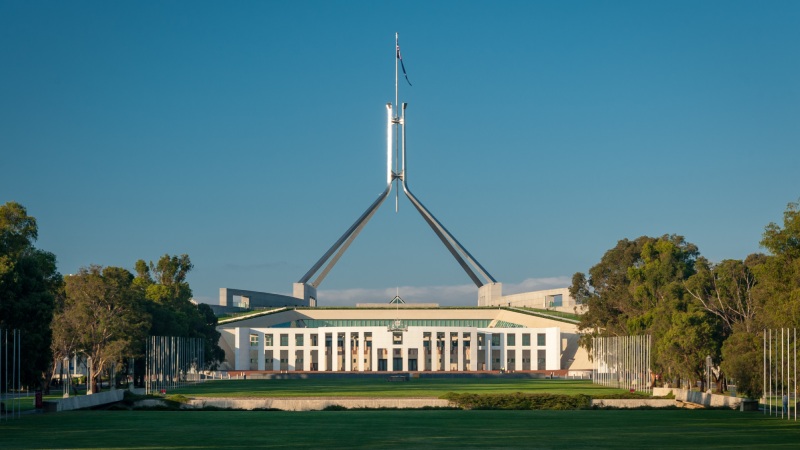Legacy pension changes create uncertain sting in treatment of pension reserves
Changes made in the federal budget for legacy pensions will have a flow-on effect on the treatment of pension reserves, creating uncertain and complex tax issues.
In the recent federal budget, the government has announced SMSFs with certain complying income stream products will be given a two-year period to commute and transfer the capital supporting their income stream (including any reserves) back into a superannuation account in the accumulation phase.
The commuted amounts, which will include reserves, will be able to be used to fund newer types of income streams, subject to an individual’s transfer balance cap but will also be available to be withdrawn as a lump sum from an accumulation interest.
In SuperGuardian’s budget analysis, education manager Tim Miller said a key issue indicated in the budget is that any reserves commuted will be assessed as a taxable contribution to the fund and result in a 15 per cent tax liability. The amount will not count against an individual’s contribution cap so will not create an excess contribution issue.
“This does add a bit of a sting to the measure given the reserves have traditionally not been entitled to the exempt current pension income deduction beyond the amount required to fund the annual pension payments as determined by an actuary,” Mr Miller said.
“Individuals will not be required to commute these types of pension; however, it should be assumed that if they are not commuted within the two-year time frame, then they will remain in place until the death of the member or the relevant reversionary pensioner dies.”
Looking at it from an actuarial point of view, Accurium head of education Mark Ellem questioned when considering where the best estimate liability belongs to the member and the surplus is in the reserve, is that the amount that is going to be included as assessable income?
He also noted from a tax viewpoint there is the ATO’s ruling in SMSFFRB 2018/1 that basically says, in relation to a defined benefit pension, there are no reserves for SIS purposes, but it is considered all a reserve for tax purposes.
“So, if it’s all a reserve for tax purposes, does that mean all the capital making of the defined benefit pension would then be included as accessible income of the fund?” he said.
“In relation to the post-20 September 2007 pensions, when they were first started, most or all of these pensions started after 20 September 2007 could only be started in an SMSF. If it was a market-linked pension, it would have to come from a previous pension that would have been started before September 2007.
“So do we have to do a little bit of ancestry pension DNA testing to show that we can trace that pension back to a pension that started pre-20 September 2007? So, there are a lot of questions here that still need to be answered.”
Heffron managing director Meg Heffron said that the fact sheet explicitly states that the relief is intended to allow pensioners to exit these income streams by fully commuting them and “transferring the underlying capital, including any reserves, back to a superannuation fund account in the accumulation phase” without the reserve allocation being counted against the member’s concessional contributions cap.
“The language is going to be key here. Reading the fact sheet, I am not entirely sure which part of the account balance that supports a legacy complying lifetime or life expectancy pension will be classified as a ‘reserve’ and subjected to tax,” Ms Heffron said.
“Consider a lifetime complying pension, for example, where the actuary’s best estimate of the pension’s value is $1 million, an additional $300,000 is required to meet the ‘high degree of probability test’ and the actual account balance supporting the pension is $1.5 million.
“Is the ‘reserve’ the whole balance ($1.5 million)? Or just the excess over the actuarial best estimate value ($500,000)? Or just the excess over the amount required to meet all current solvency tests ($1.5 million less $1.3 million, i.e. $200,000)? It’s not clear.”
Ms Heffron said the key will be in how this is legislated.
“Those with very large complying lifetime pensions will be watching anxiously, as a very large tax bill triggered by the transition may well rule out using the new rules and could actually create some strange (and unintended) strategy approaches,” she said.

Tony Zhang
Tony Zhang is a journalist at Accountants Daily, which is the leading source of news, strategy and educational content for professionals working in the accounting sector.
Since joining the Momentum Media team in 2020, Tony has written for a range of its publications including Lawyers Weekly, Adviser Innovation, ifa and SMSF Adviser. He has been full-time on Accountants Daily since September 2021.








